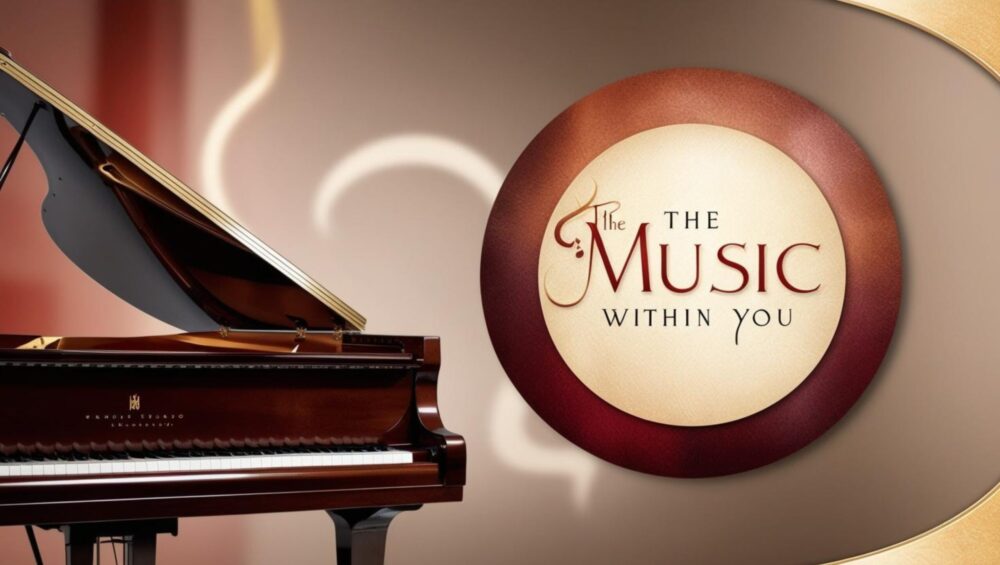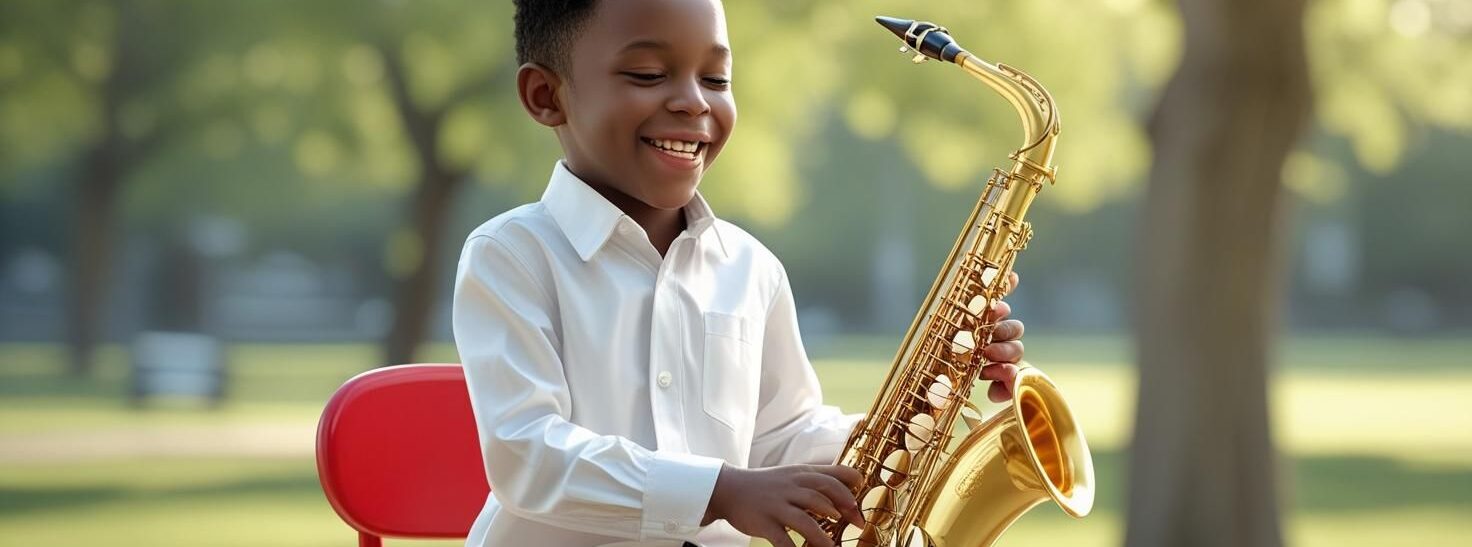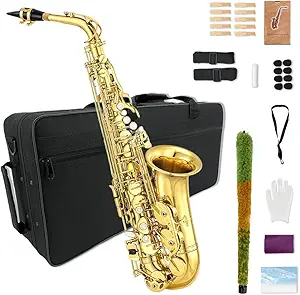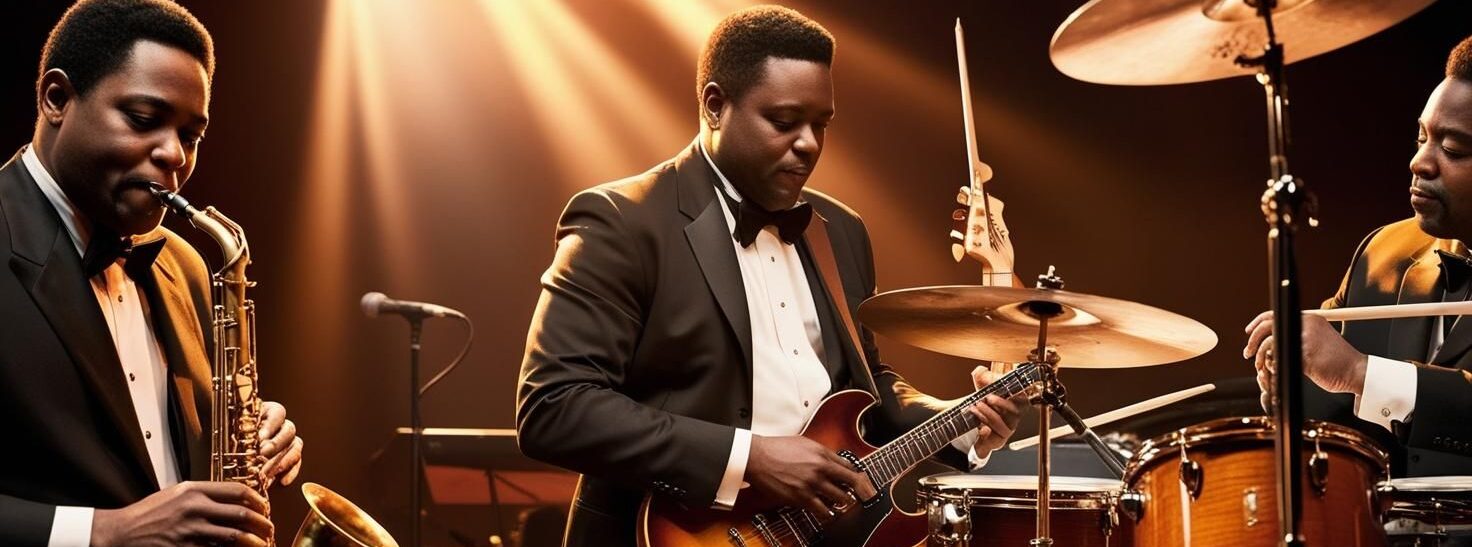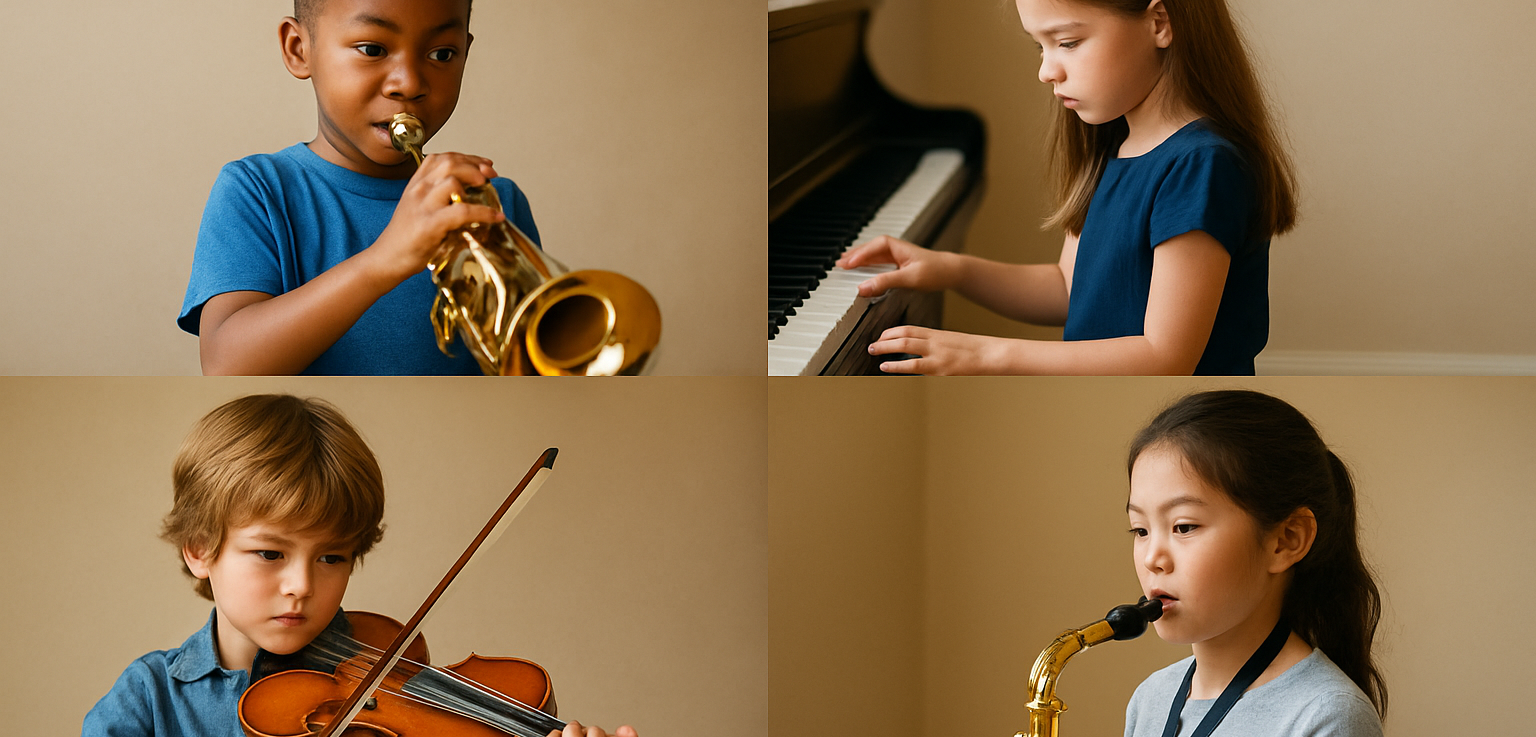Music isn’t just a treat for the ears – it works magic on the brain too, especially for little ones! Experts have shown that music can jumpstart a child’s cognitive development. Think of it as a workout for the brain, boosting skills like problem-solving and memory. Introducing music early on can help to develop language abilities and even sharpen math skills.
Aside from making kids smarter, music can also work wonders for a child’s emotional and social growth. Imagine a child learning to express themselves through tunes and rhythms, helping them to communicate feelings they might struggle to put into words. Starting young, kids often develop better social skills as they learn to cooperate and listen during group musical activities.
Experts agree that the cognitive benefits of early music lessons are pretty impressive. Children who engage with music from a young age often exhibit stronger attention spans and improved spatial-temporal skills – those are the abilities that help in understanding and working with patterns and sequences. So, getting your child into music early is like handing them a toolbox full of useful skills that’ll serve them throughout their lives.
The Ideal Starting Point for Music Education: Age and Readiness Factors
When it comes to finding the best age for kids to start learning music, there isn’t a one-size-fits-all answer. Experts say the perfect time depends on individual readiness and interest. While some suggest as early as age three, others believe waiting until around age five or six can be more beneficial, especially for structured lessons like learning an instrument.
It’s all about tuning into your child’s curiosity and enthusiasm. Some kids might show interest and engage with music even before they can walk properly, while others might need a little more time. Watch for signs like keeping rhythm, singing along to tunes, or simply being fascinated by musical instruments.
Readiness isn’t just about age, it’s about development. Things to consider include your child’s attention span and their ability to follow instructions. A child who easily expresses interest in creative play might be ready to explore music in a more structured way.
Adapting music education to a child’s unique development stage makes all the difference. Encourage a musical journey that’s as much about discovery and fun as it is about learning, ensuring that they pick up what’s suited for their age and skill level.
Success Stories: Inspiring Examples and Expert Testimonials
Musicians who’ve started their musical journey early often have fascinating stories to share. Take Wolfgang Amadeus Mozart, for example. Learning the piano at just three, he composed his first piece by five. While not every child will be the next Mozart, starting early can pave the way for extraordinary achievements.
Modern-day artists, too, credit early music education as a stepping stone to their success. Renowned cellist Yo-Yo Ma began cello lessons at age four, showcasing how early exposure can lead to incredible careers in music.
Experts can’t stress enough how beneficial it is to start young. Testimonials from music teachers and child development specialists often highlight the importance of early encouragement. They point out that children who start early are better at developing discipline and focus, crucial traits for later success both in music and life.
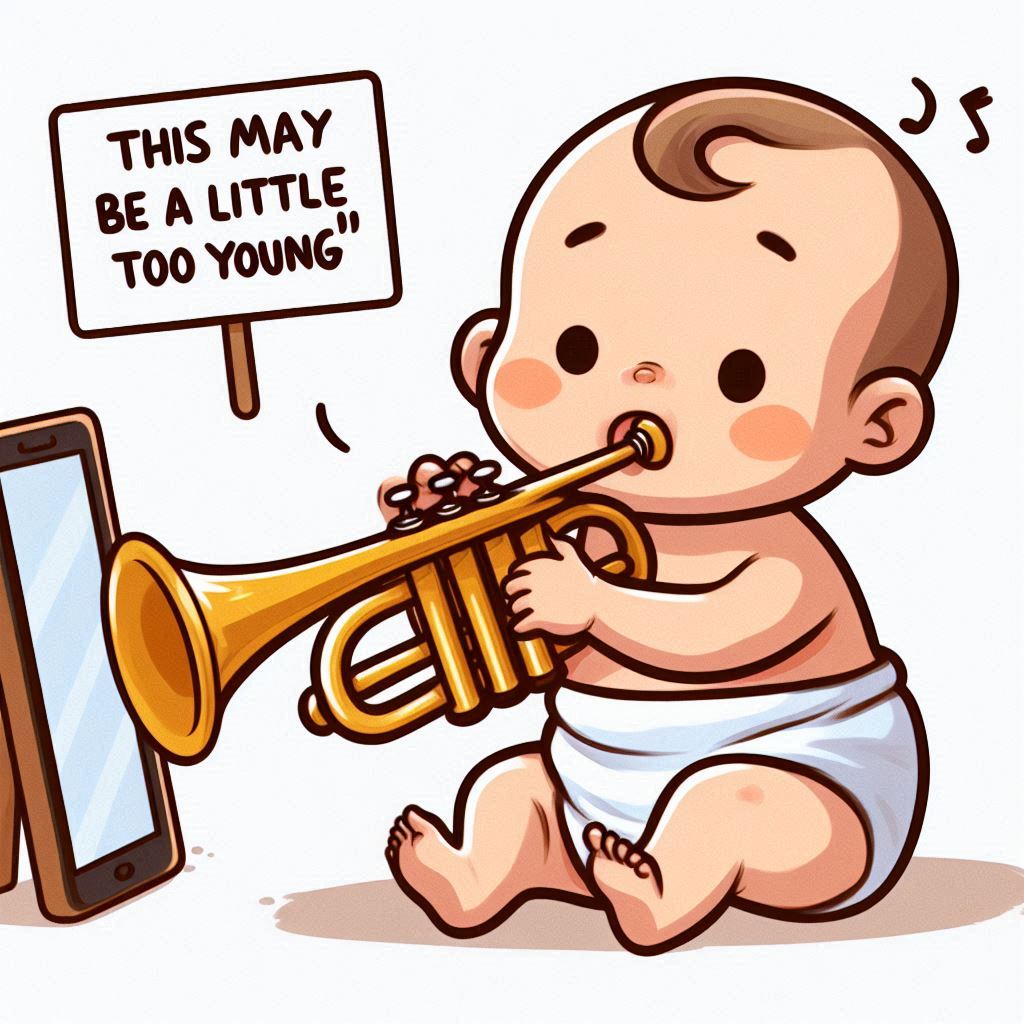
Even beyond professional aspirations, early music exposure creates lifelong enthusiasts. Stories about kids with early starts who continue to find joy in playing an instrument or singing reveal that success doesn’t just mean fame and fortune—it’s also about fostering a lifelong passion for music.
Practical Tips for Parents on Cultivating a Musical Environment
Introducing music into your child’s life can be as simple as turning playtime into a mini jam session. Keep the environment fun and pressure-free so they can explore at their pace. Whether it’s banging on pots and pans or humming along to a favorite tune, it’s all about fostering a love for music.
Parents can find a wealth of resources to support a child’s musical curiosity. Look for music apps and online classes that offer interactive lessons designed for young learners. Libraries and local community centers often have music workshops that can be a great way to start.
Creating a home filled with music doesn’t need to be elaborate. Consider setting up a small space where your child can experiment with sounds and rhythms. Even having simple instruments like a keyboard or a set of maracas can ignite creativity.
It’s important to encourage curiosity without turning music into a chore. Allow them to explore different genres and instruments, and give them the freedom to change their interests over time. The goal is to keep them engaged and eager to learn more.
